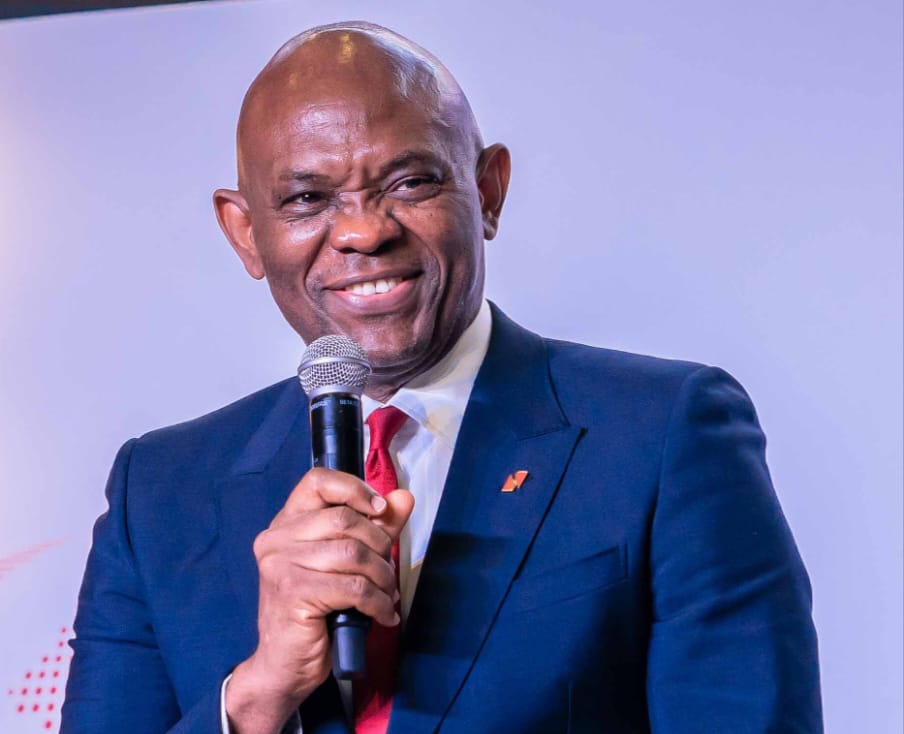Nigerian fintech startup, Cleva, has raised $1.5 million in a pre-seed round.
Gatekeepers News reports that this will expand its business of helping African individuals and businesses receive international payments by opening USD accounts.
The round was led by 1984 Ventures, an early-stage venture capital firm based in San Francisco.
Other participants in the round include The Raba Partnership, Byld Ventures, FirstCheck Africa, and several angel investors. In addition, Y Combinator participated in Cleva’s pre-seed round as the fintech began its involvement in the accelerator’s winter 2024 batch this month.
Cleva operates in the same market that has competitors like Geepay and Payday. The YC-backed startup, which generates revenue when users swap and exchange their funds (in USD accounts) for the local currency (in naira for now), also charges a 0.9% fee on deposits into customers’ USD accounts.
Notably, Cleva caps fees at $20, distinguishing itself from competitors who often apply an uncapped 1% fee regardless of the amount received.
Aaron Michael, a partner at 1984 Ventures, the lead investor, while commenting on the funding expressed support for Cleva’s founders, Tolu Alabi and Philip Abel, noting that their product provides a means for Africans to navigate hyperinflation challenges, which he describes as a massive opportunity.
Michael said, “The team is uniquely qualified to address this given their experience building banking products at Stripe and robust platforms at AWS. The impressive early growth is a testament to the team’s unique capacity to execute across Africa and the U.S.”
One of Cleva’s founders, Tolu Alabi, while speaking on the company’s business, “The problem that we’re trying to solve, which is enabling people to receive international payments, is not a Nigerian problem nor an African one. It’s a global problem; people in Latin America, Asia, and even Canada need to receive dollars for their work and service. We’re starting with Nigeria because we know the market and it’s also a big market. But we feel like because of our backgrounds, we’re very well positioned to solve this problem at a global scale.”







